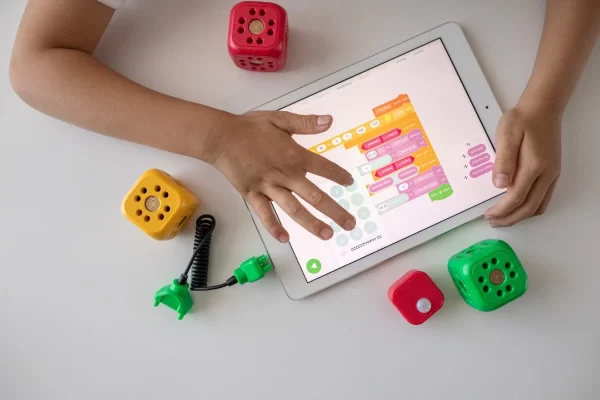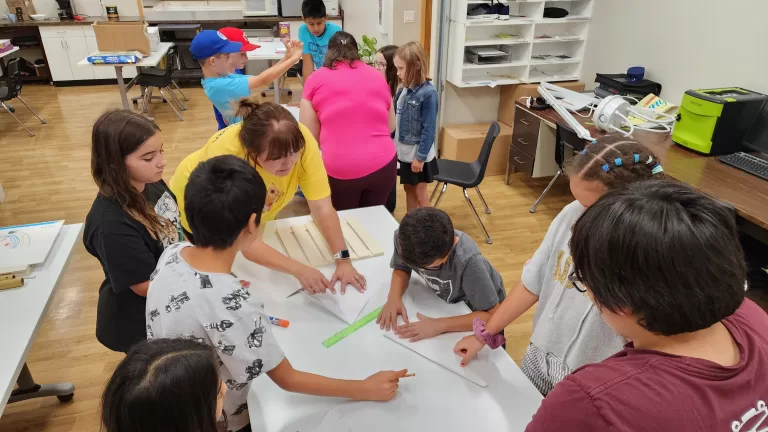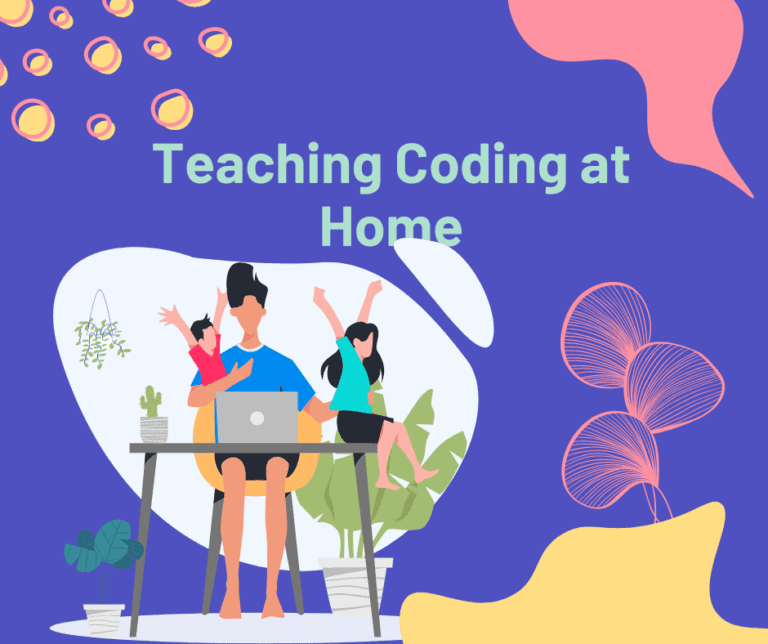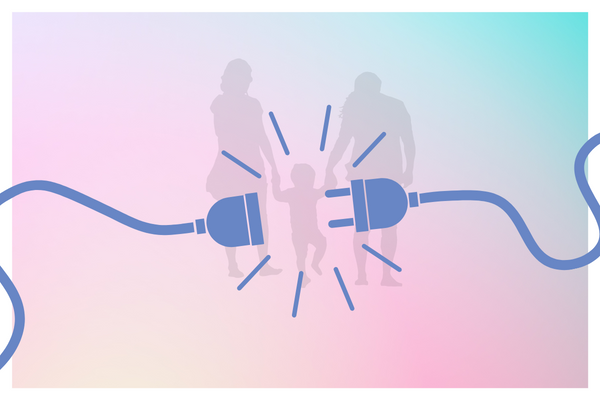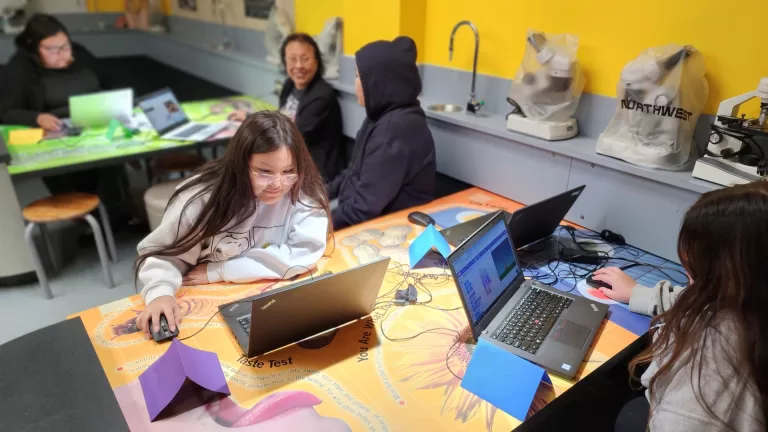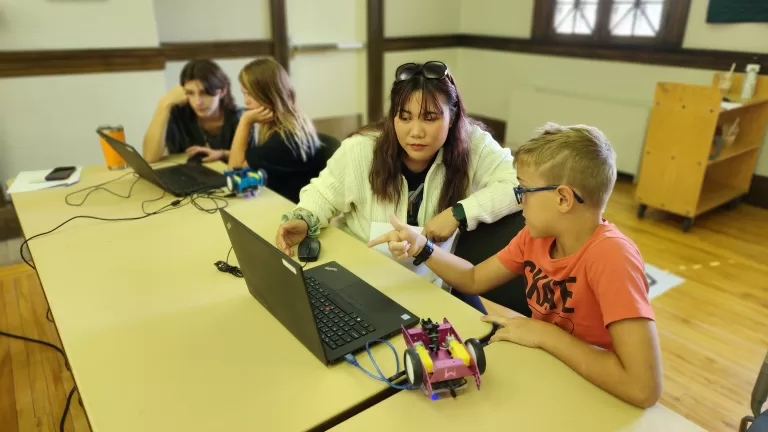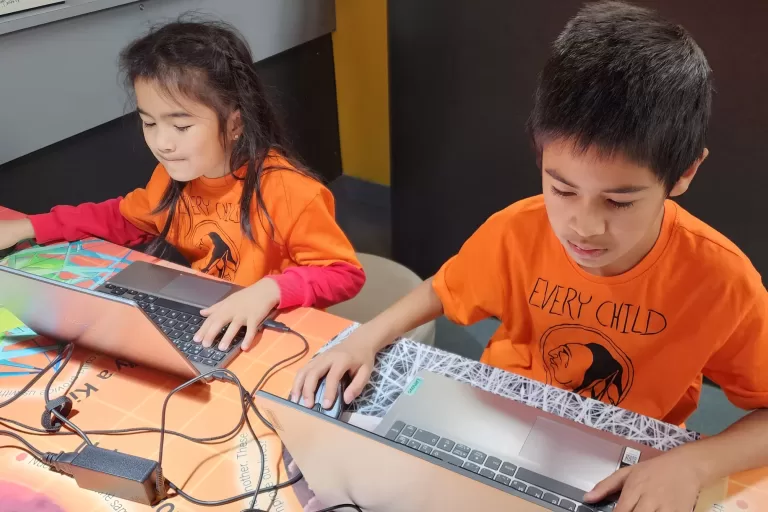Learning to code has become a hot topic in the education world. Coding has been proven to be a useful skill for students to have, as it can help them in fields like computer science and digital media. That being said, many adults remain hesitant about introducing coding classes into schools. Many worry about how much time it will take away from other subjects and whether or not kids will find it interesting enough to keep coming back to the class. Thankfully, more and more research is proving that teaching kids how to code benefits their math skills in the long run. Here are three ways that learning how to code can help your child’s math skills grow:
It Help’s Kids Understand the Importance of Numbers
Counting, adding, and subtracting are obviously necessary components of math, but they are also important to many other subjects, such as computer science. Programming requires a great deal of number-crunching, which means that kids who are learning how to code will be practicing adding and subtracting. In addition, they’ll also be learning how to use numbers in contexts that they may not have used before. For example, a child might have learned to count the number of apples in a basket, but they may not have learned that one apple is equivalent to 100 oranges. Kids who are learning to code will have the chance to practice using numbers in all sorts of ways, which can help them understand numbers.
Programming Requires Math Skills
As noted above, coding requires a lot of number-crunching, which means that it involves a lot of math skills. For example in one of our lessons a child is asked to figure out how many steps does it take for a rocket to get to the moon. They usually guess the number that is too low and then they need to figure out a multiple of that number to get to the right answer. In another example, a student needs to set a speed of a blinking light to be less than one second. Therefore they need to figure out what is a number that is less than one but larger than zero, thus learning decimals. In my experience students ages, 7 and 8 can grasp concepts of decimals, multiplication and division when having to apply them to their projects. It is also important to note that if learning to code alone, kids can get frustrated, as it’s an entirely new skill that requires a lot of repetition and patience (see my ZPD article on this). Working with a mentor can help kids avoid frustration while allowing them to learn how to code at their own pace.
Coding Teaches Children to Problem Solve
All the benefits of coding that have been mentioned so far have been related to math, but coding also teaches kids to think creatively. Math is all about solving problems and coming up with solutions, but it’s also about finding the most efficient way to solve those problems. When kids are learning to code, they have to come up with a solution that will work for the computer to read. The first time they try to make a computer do something, it won’t work. This will be an opportunity to teach the child how to hypothesize the solution, test it and repeat until they find the right solution through iteration.
Coding Teaches Children to Be Persistent
Finally, learning to code teaches children to be persistent. As noted above, computers won’t understand the first attempt to get them to do something. Many young children will feel embarrassed and feel discouraged the first time something doesn’t work. So while learning to code they learn that not having the right solution is a part of the process and not a reflection of their abilities. If they are in love with their coding project they will keep working at it until they come up with a solution, and that is a lesson they will use for the rest of their life.
Summing Up
Kids who are learning to code can expect to become more familiar with numbers, as well as more creative thinkers. They will also have a chance to practice being persistent. Finally, they’ll have a chance to see the importance of numbers and what they can do for people.
Main Photo by Robo Wunderkind

